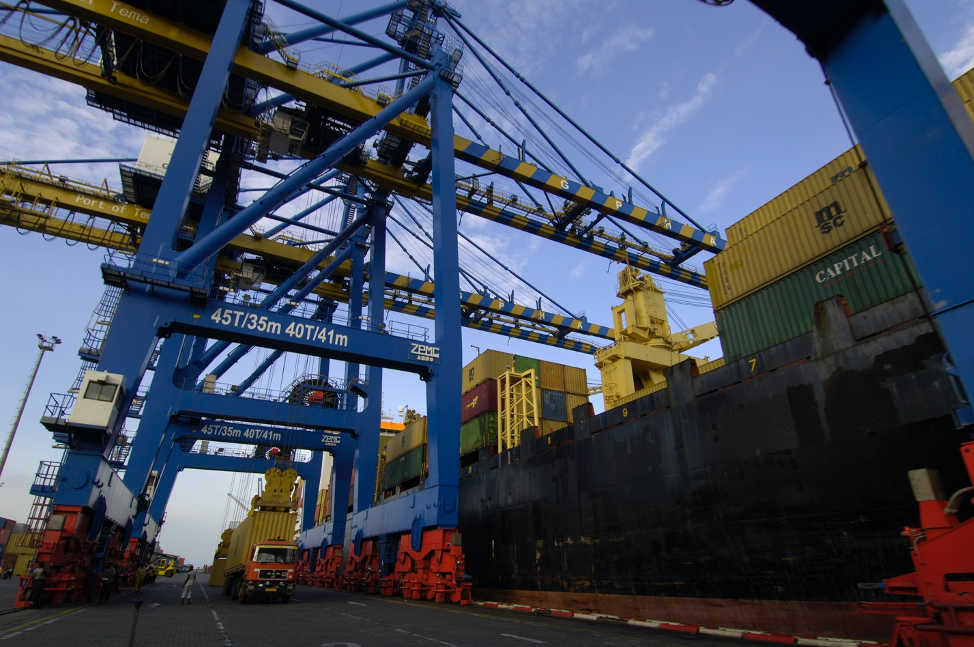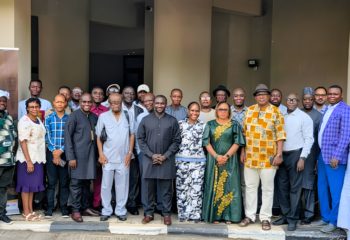
Contact: Robin Wheeler (rwheeler@ifdc.org, +233 (0) 56 002 7917/18)
January 15, 2020, Accra, Ghana – The Government of Ghana (GoG), represented by the Ministry of Food and Agriculture (MoFA), commissioned IFDC and specifically the Feed the Future Enhancing Growth through Regional Agriculture Input Systems (EnGRAIS) project to analyze the country’s fertilizer value chain under the GoG’s Ghana Fertilizer Expansion Programme (GFEP). The resulting Fertilizer Value Chain Optimization Study provides extensive data, including a thorough analysis of cost buildups, blending, and subsidies for fertilizer in Ghana, and offers guidance on how these and other aspects of the fertilizer value chain could be optimized. This process would help MoFA make better decisions on logistics, procurement, and pricing under the food security program to expand the availability and use of appropriate and affordable fertilizers across the country, particularly by smallholders for food crops.
“It is important to the Government of Ghana, and to IFDC, to design smart subsidy programs that help farmers rather than hurt them in the long run,” noted EnGRAIS Chief of Party Robin Wheeler. “Though Ghana enjoys competitive open market prices outside of the main subsidy program, the program encompasses 50 percent of the overall market, and the fertilizer subsidy rate is among the highest in West Africa. This has created problems, as a substantial portion of the low-priced, subsidized fertilizers are smuggled and sold out of country rather than being used by smallholder Ghanaian farmers.”
“It is important to the Government of Ghana, and to IFDC, to design smart subsidy programs that help farmers rather than hurt them in the long run”
EnGRAIS Chief of Party Robin Wheeler
The study also proposes the redesign of the subsidy program going forward to assist in creating a “smart” subsidy program. This redesigned program would adhere to 13 principles: inclusive participation, specialization, fair competition, efficiency, better targeting, transparency, timeliness, appropriate and quality products, incentives, complementary inputs, exit strategy, sustainability, and accountability. These principles propose 36 actions designed to increase fertilizer use, improve food security, and reduce smuggling and dependence on government subsidies.
Download the full study here.
The Feed the Future Enhancing Growth through Regional Agricultural Input Systems (EnGRAIS) for West Africa project is one of the many assistance programs supported by the American people through the United States Agency for International Development (USAID). Project partners include the Economic Community of West African States (ECOWAS), West and Central African Council for Agricultural Research and Development (CORAF), West Africa Fertilizer Association (WAFA), and other relevant private sector organizations.
EnGRAIS (2018-2023) works particularly with African-led institutions to develop well-functioning private sector-led fertilizer markets at regional and national levels through, among other things, support to private sector associations like WAFA. Such markets will ensure the supply of quality fertilizer at affordable prices so they can be accessed by farmers.




